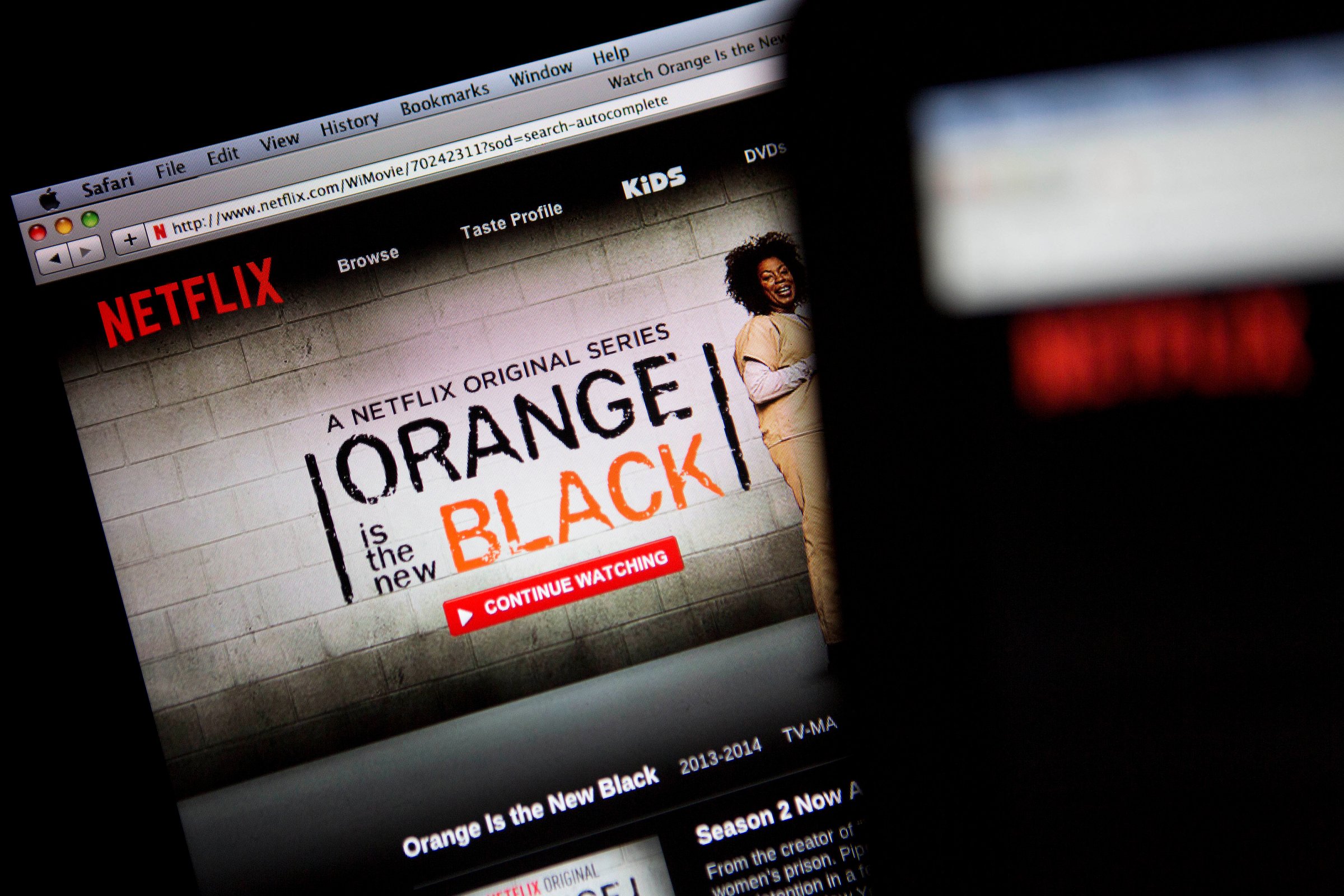
Is Orange Is the New Black a comedy or a drama? Is True Detective a drama or a miniseries? It depends whom you ask. At the Emmy Awards, the procedure had generally been to ask the people who make the show, as a result of which the same show will compete as comedy and drama in different awards competitions, and shows with the same structure (say, Fargo and True Detective) will compete in entirely different categories.
Call it category gaming or the ambiguous nature of art. It’s both really, but the Emmys is trying to introduce some order into the process with new rules defining categories. Some of them are simple common sense and provide welcome clarity: for instance, if a drama tells one self-contained story over a season, it’s a “limited series,” period. If you’re in most of the episodes of a series, then come on, you are not a “guest actor.”
But the biggest change is also the least satisfying. From now on, any hourlong series will be assumed to be a drama, and a half-hour series assumed to be a comedy. Makers of a show can petition to appear in a different category than assigned, but that will be the basis.
Again, the intent here is to compare apples with apples and oranges with oranges. But no matter which shows end up where, it won’t get around the real reason for the complexity: the orchard that is TV today grows a lot more than apples and oranges.
Many of the best TV shows right now—Transparent, Orange Is the New Black, Jane the Virgin, Better Call Saul—are neither wholly drama nor comedy. (Nor are they all necessarily what we call “dramedies.”) In fact, you could argue that exploring the boundaries between genres is precisely what defines the great TV of today. A more traditional drama like The Good Wife is nonetheless among the funniest shows on TV. Any given week, Girls or Louie can be one of TV’s most affecting dramas.
Some people like that, some people don’t. Whatever—you still have to put these shows somewhere, and the reductive categories of “drama” (makes you cry!) and “comedy” (makes you laugh!) still won’t cleanly work. And it will still involve filling binary categories based on highly subjective (if not strategic) judgments.
I’m not really convinced the category fuzziness was a great problem for the awards to begin with—save for the producers of some shows that might like easier competition. But if the intent is really to keep hourlong shows like OITNB from competing against half-hours like Modern Family, better to simply split the categories that way: call them “longform” and “shortform.”
Aesthetically, it won’t be any more apples to apples than what we have now. But at least we’d have an objective way of testing which kind of fruit is which.
More Must-Reads from TIME
- Donald Trump Is TIME's 2024 Person of the Year
- Why We Chose Trump as Person of the Year
- Is Intermittent Fasting Good or Bad for You?
- The 100 Must-Read Books of 2024
- The 20 Best Christmas TV Episodes
- Column: If Optimism Feels Ridiculous Now, Try Hope
- The Future of Climate Action Is Trade Policy
- Merle Bombardieri Is Helping People Make the Baby Decision
Contact us at letters@time.com